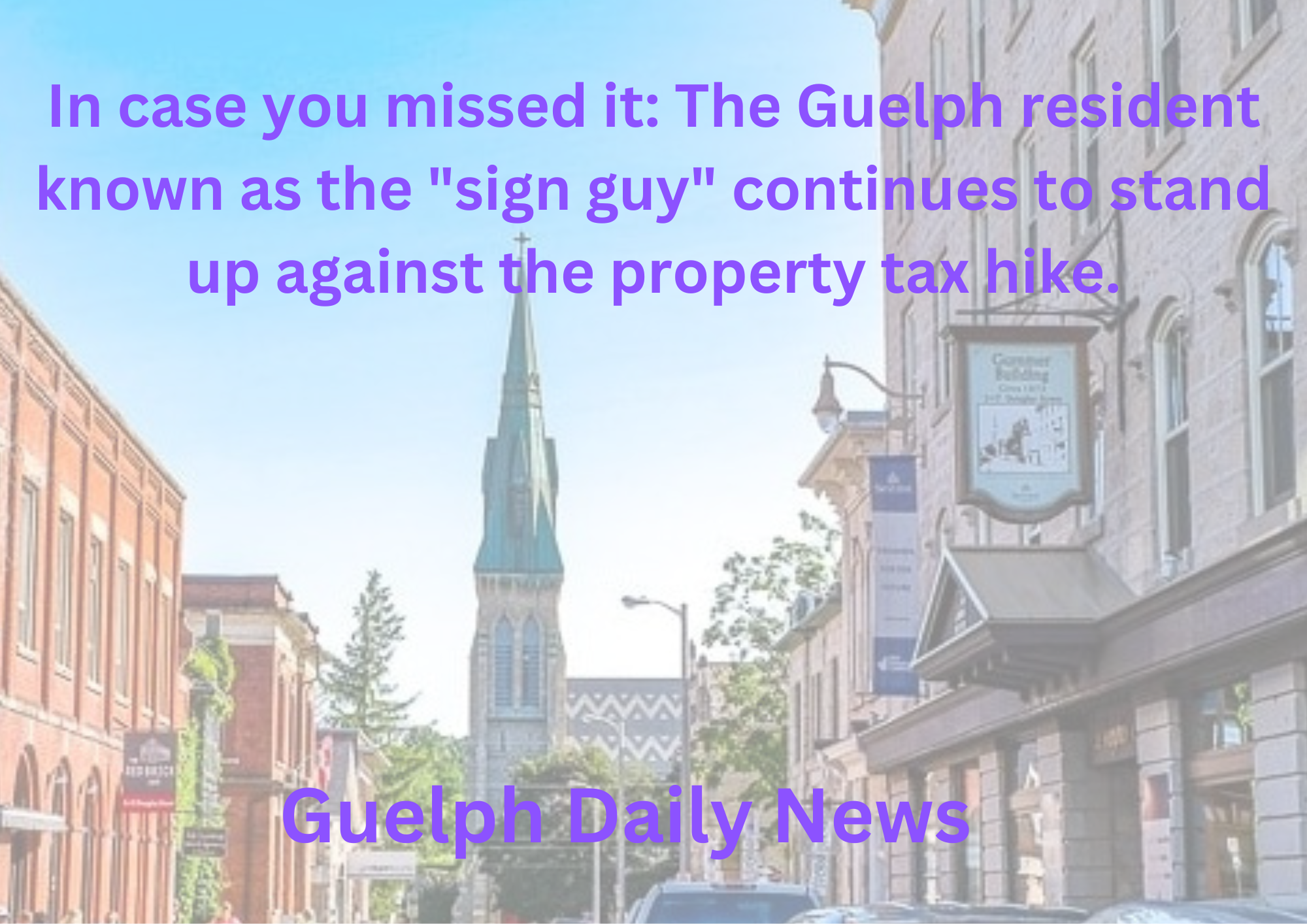Signing a commercial lease is akin to entering a long-term relationship—without clear expectations from the outset, conflicts can arise quickly. Mike McCluskey, a Commercial Litigation lawyer at McKenzie Lake Lawyers in Guelph, warns that misunderstandings can lead to costly disputes, legal battles, and strained relationships.
“The key to a hassle-free lease is ensuring clear, upfront communication from the start,” says McCluskey.
While many commercial landlords operate with industry best practices, some rely on outdated lease terms. On the other hand, commercial tenants may mistakenly assume they have the same protections as residential renters, leading to misconceptions about their rights.
“Tenants sometimes believe they hold more power in commercial leases than they actually do,” McCluskey explains.
Unlike residential disputes, which are handled by the Landlord and Tenant Board, commercial lease disputes go through the Superior Court system—a crucial distinction that both landlords and tenants must understand.
Common Lease Pitfalls and How to Avoid Them
Ensuring Lease Clarity
Commercial leases differ drastically from residential rental agreements. McCluskey’s practice often sees cases where unclear lease terms result in litigation.
“Ambiguous leases are the ones that land on my desk,” he says. “To avoid disputes, landlords must draft leases that explicitly outline obligations and consequences—especially regarding defaults.”
One of the most frequent issues? Late rent payments. Many tenants don’t realize that defaulting on a commercial lease doesn’t just mean missing a few rent payments—they could be liable for the entire remaining balance of the lease.
“Tenants are often shocked to learn that if they default, they may owe not only the missed payments but also the full lease term’s rent,” McCluskey explains.
This misunderstanding may stem from a lack of tenant awareness or landlords failing to properly communicate these consequences.
A Landlord’s Safety Net: Key Lease Protections
When a tenant defaults, having the right lease terms in place can make the difference between a manageable issue and a financial nightmare.
1. Notice of Default Clause
A Notice of Default ensures tenants receive formal notification of a breach, typically allowing 5 to 10 days to rectify the issue.
“If tenants fail to comply, landlords can change the locks, reclaim the premises, and sue for both the missed rent and the full lease value,” McCluskey notes.
If a landlord has previously allowed certain breaches, delivering a formal notice of breach is even more critical to reinforce that the lease terms will be upheld.
2. Personal Indemnification & Guarantor Clauses
A properly drafted lease should contain personal indemnification or guarantor clauses, allowing landlords to sue not just the business, but also the individuals behind it—such as the company’s president or director.
“If the tenant defaults, the landlord can pursue the company and the individual who signed the lease, potentially going after personal assets like a home,” says McCluskey.
Landlords should conduct thorough due diligence to assess a tenant’s financial standing before signing a lease.
Pandemic Fallout and Lease Obligations
The COVID-19 pandemic disrupted commercial leasing, blurring expectations as government subsidies temporarily eased financial pressures.
“Government programs created confusion, causing landlords and tenants to relax lease obligations,” says McCluskey.
With those subsidies now gone, commercial leases are once again fully enforceable, making it crucial to revisit lease agreements and ensure all terms are clear and up to date.
“Now is the time to reset expectations and bring commercial leasing back to pre-pandemic normalcy,” McCluskey advises.
Why Every Lease Needs Legal Review
One of McCluskey’s biggest warnings to landlords is to never assume a lease is airtight just because it has been used for years.
“Just because a lease hasn’t been challenged in court doesn’t mean it’s legally sound,” he cautions.
Many landlords only realize their lease has loopholes when they attempt to enforce it. Without a proper legal review, leases may contain serious deficiencies that leave landlords exposed to financial risk.
“If you’ve never had to take a tenant to court, you may not be aware of flaws in your lease,” McCluskey explains.
He recommends proactively vetting leases with a legal professional to ensure proper clauses are in place—such as personal indemnification, default enforcement measures, and clear communication requirements.



